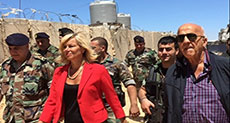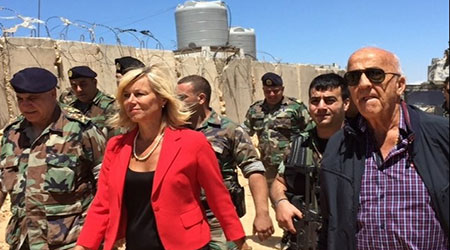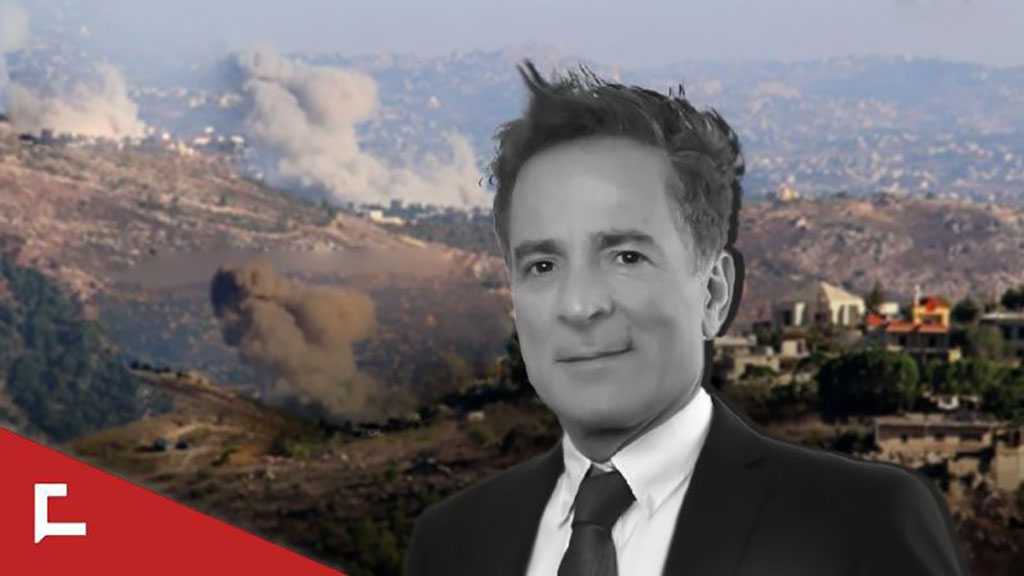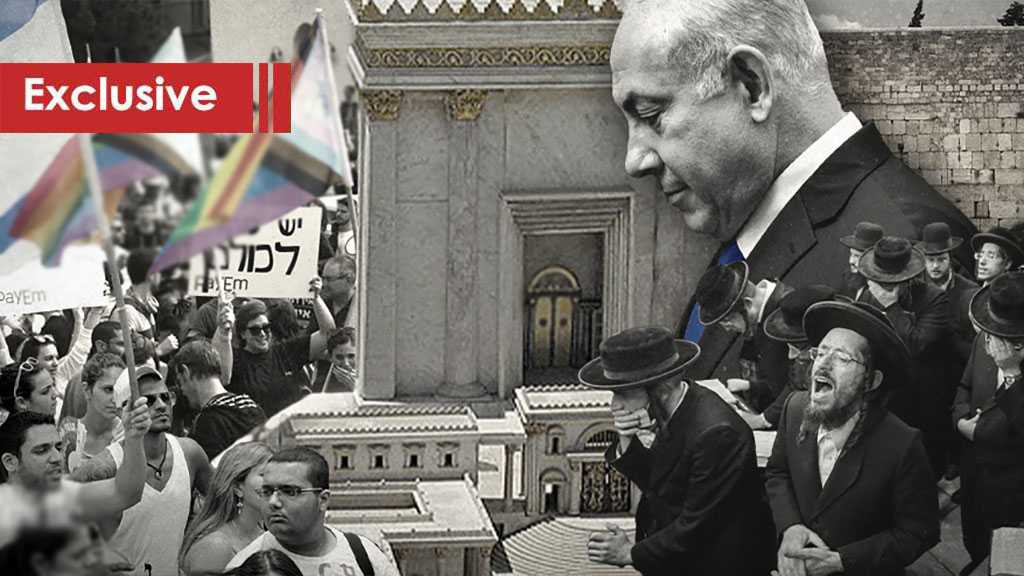Ban Ki Moon’s Coordinator Investigates Resistance Viewpoint

Hamza al-Khansa
UN Special Coordinator for Lebanon Sigrid Kaag on Tuesday inspected the army units in Arsal. Kaag inquired as to the situation on the battlefield and the army's readiness in the face of the Takfiris spread along the barrens. The UN official issued remarkable statements about Lebanon and its importance in the ongoing conflict with Takfiris in the region.

Sigrid Kaag will forward a report that includes her observations in Arsal and suggestions to the Secretary-General of the United Nations, Ban Ki-moon, before the UN Security Council session on July 8th, which will deal with the situation in Lebanon as a whole at this stage, according to Resolution 1701.
The anticipated report will not merely include Kaag's observations and suggestions for Arsal, as she met with many Lebanese Politicians before her trip to Arsal, and also met the Deputy Secretary General of Hizbullah, Sheikh Naim Qassem, in the heart of the Southern Suburb.
From Arsal, Kaag said she believes that the presence of the Lebanese army on the Eastern Border - she specifically named Arsal - is crucial for Lebanon, as well as for Europe. She stressed on working with the international community so that the Lebanese Army be properly equipped with all it needs within reason, without delay, and to continuously supply the army to put an end to terrorism across Lebanese borders.
Kaag was interested in Hizbullah's viewpoint toward several domestic and regional dossiers during her meeting with Sheikh Naim Qassem, which took place more than a week ago. She was expressed disbelief that the wars and confrontations in the region fell within the framework of Shia-Sunni war, as some would portray it. Her disbelief matches the resistance's viewpoint that the happenings in Lebanon and the region are driven by economic and political goals, even if some sectarian parties should employ them to achieve more gains.
In the Southern Suburb, Kaag expressed UN interest in deepening relations with Hizbullah. This remarkable UN concern in relations with Hizbullah and the deepening thereof was followed a few days later by her considering the army's presence in Arsal, a front that guarantees the security of Lebanon and Europe.
The UN official of course realizes the exceptional situation of the relationship between the army and the resistance, both on the Eastern and Southern borders. The United Nations cannot be ignorant of the mutual enemy faced by both the army and the resistance, nor can it be oblivious to the mutual combat doctrine of the two sides that consider ‘Israel" and Takfiri terrorism essential enemies of Lebanon.
Kaag did not forget to speak of Resolution 1701. The security situation in Lebanon as a whole and specifically in the South were on top of the UN's priorities. The report, which Kaag is expected to submit before the Security Council meeting on July 8th will mainly focus on the security situation and the circumstances concerning the application of Resolution 1701.
The UN affirmed its crucial role in maintaining the stability of Lebanon. This affirmation of the UN's constant role is in line with the message Kaag wished to deliver from Arsal, that the international community headed by the United Nations, has taken the decision to maintain the stability of Lebanon, and protect it from the consequences of the terrorism faced by Syria, and this matter is immutable.
In light of the Takfiri wave striking Asia [Syria, Iran, Lebanon, Kuwait, and Saudi Arabia], Europe [France], and Africa [Egypt, Tunisia, and Libya], the United Nations was keen on sending clear signals to work on preventing Lebanon's exposure to terrorism or security chaos. These signals will however be of little consequence unless translated into international effort to arm the Lebanese army, especially after placing it in the heart of an integral part of the international system to counter terrorism.
The Special Coordinator for Lebanon Sigrid Kaag heard many opinions from Lebanese officials, and discussed the Presidential dossier. The Minister of Defense, for example, was interested in talking about supporting the army to confront terrorism, as though it has achieved much, it has done so with limited armament. For its part, the Resistance informed its guests that it is a guarantee for Lebanon's stability thanks to its tackling of terrorism spread on the Lebanese-Palestinian and the Lebanese-Syrian borders.
One monitoring the UN's attitude towards Resolution 1701 cannot expect any dramatic change in this traditional approach. After the upcoming session on the 8th, and since the occasion concerns the International Security Council and Resolution 1701, it will be a good opportunity for those gathered to become acquainted with a Lebanese "tradition" which experience has firmly established, called "People, Army, and Resistance".
Source: Al-Ahed News, Translated and Edited by website team




